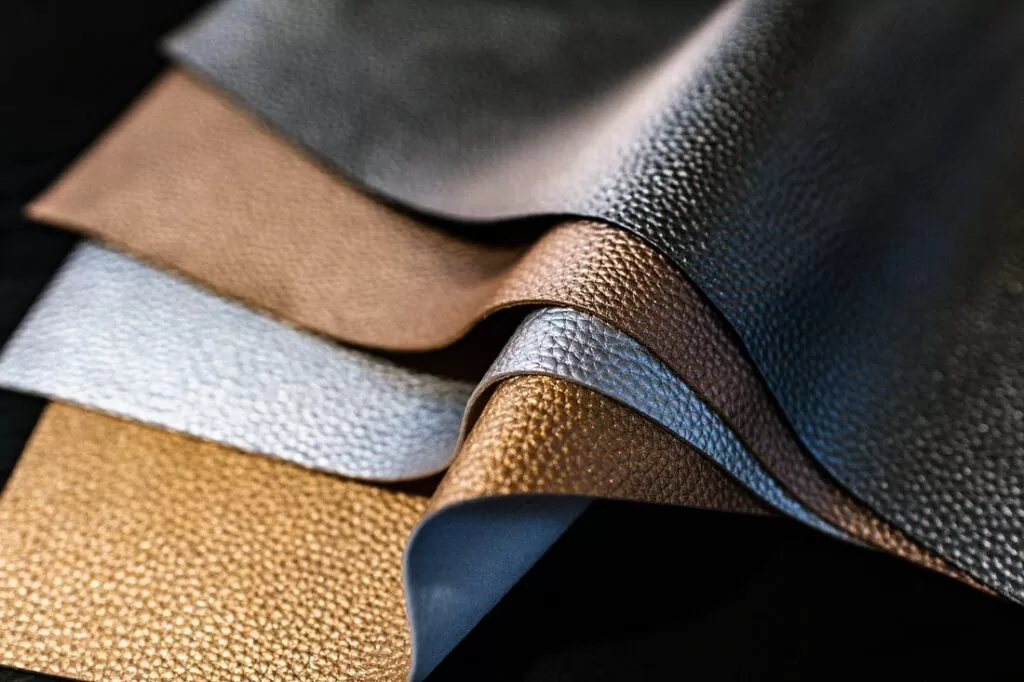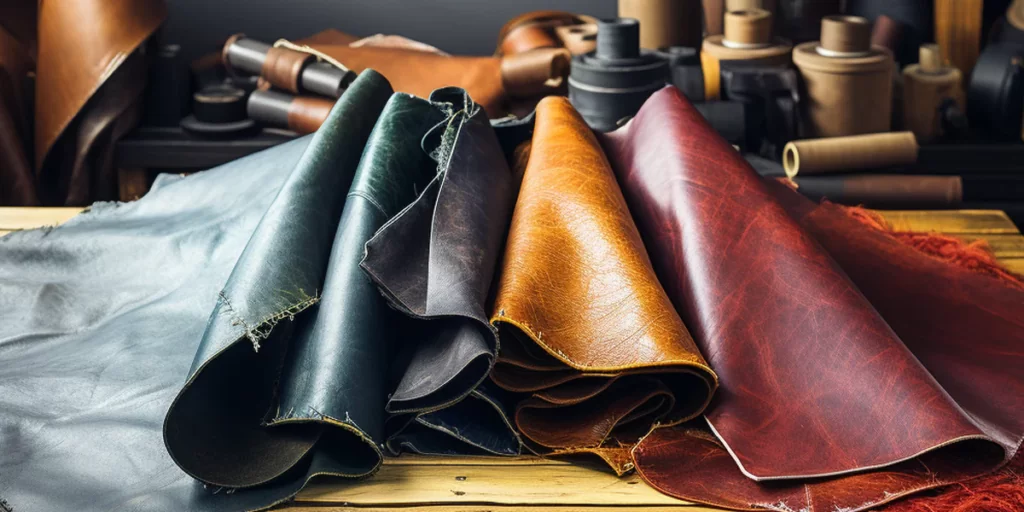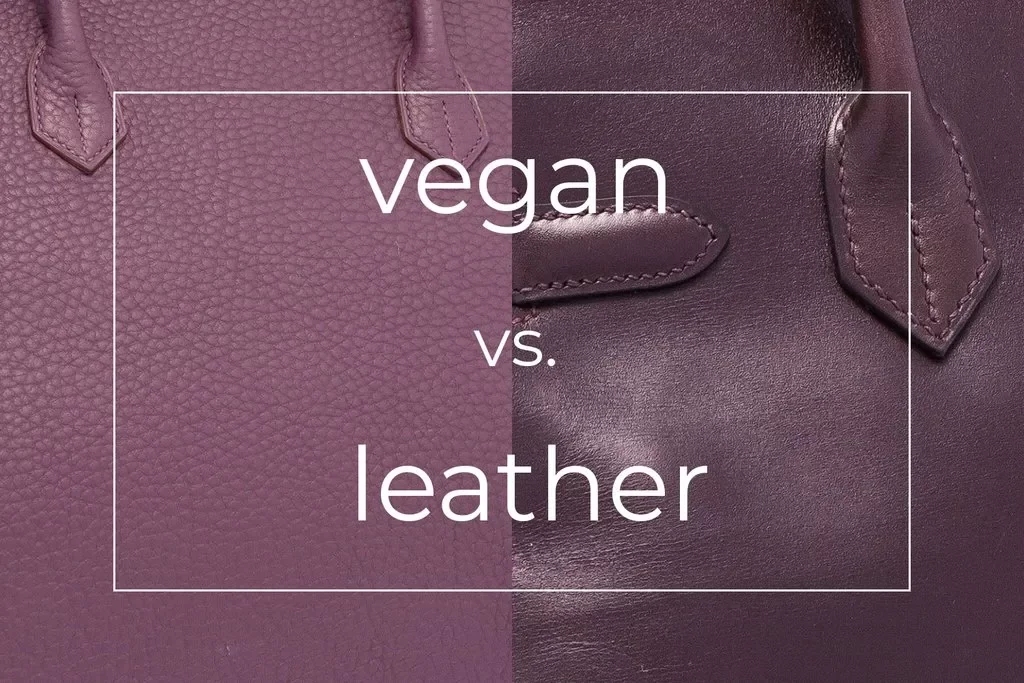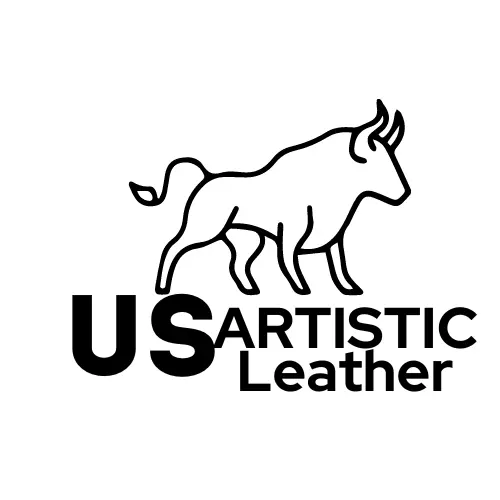
When it comes to choosing the perfect black jacket, one of the primary decisions you’ll face is whether to opt for real leather or its vegan counterpart. Both options have their unique characteristics, and the decision involves considerations of ethics, sustainability, durability, and style. This article delves into the details of real leather and vegan leather, exploring their production processes, environmental impact, longevity, and overall appeal.
Overview of Real Leather
Production Process
Real leather is derived from animal hides, with cowhide being the most common source. The production process involves several intricate steps, including curing, tanning, and finishing. Curing prepares the hide by removing excess water, while tanning uses chemicals to prevent decomposition and impart desired characteristics. Finishing involves adding textures, colors, and protective coatings to the leather.
Durability and Longevity
Real leather is renowned for its durability and longevity. With proper care, it can withstand the test of time, developing a distinctive patina that adds to its aesthetic appeal. The material tends to soften and become more comfortable over the years, making it a long-term investment.
Environmental Impact
While real leather is durable, its production has a significant environmental impact. The use of chemicals in the tanning process, especially chrome tanning, can lead to water pollution. Additionally, the large-scale livestock industry associated with leather production contributes to deforestation and greenhouse gas emissions.

Brief Description of Vegan Leather
Composition and Production
Vegan leather, also known as faux leather or synthetic leather, is crafted from various materials such as polyurethane (PU), polyvinyl chloride (PVC), and plant-based alternatives like mushroom leather. The production process of vegan leather involves coating a fabric base with a polymer layer, mimicking the look and feel of real leather.
Durability and Longevity
Vegan leather has made significant strides in recent years, offering improved durability compared to earlier iterations. However, it may not match the longevity of real leather. The synthetic nature of the material can result in wear and tear over time, especially in high-stress areas. Advances in technology continue to enhance the durability of vegan leather, making it a viable option for those seeking a cruelty-free alternative.
Environmental Impact
From an environmental standpoint, vegan leather generally has a smaller ecological footprint compared to real leather. Plant-based alternatives like mushroom leather and pineapple leather are particularly appealing for their sustainability. However, it’s crucial to consider the environmental impact of the production processes and disposal of synthetic materials, which can contribute to microplastic pollution.
Related Article: Cowhide vs. Lambskin: Which Leather is Right for Your Bomber Jacket?
Ethical Considerations
Animal Welfare
Real leather raises ethical concerns related to animal welfare. The leather industry is closely tied to the meat industry, and the treatment of animals in both contexts can be a point of contention. For those with ethical concerns about animal exploitation, vegan leather provides a compassionate alternative.
Labor Practices
The production of real leather often involves intensive labor, with workers handling hazardous chemicals during the tanning process. In contrast, the manufacturing of vegan leather can be more controlled and less reliant on potentially harmful substances. Ethical considerations extend beyond animal welfare to encompass the well-being of human workers in the supply chain.

Style and Fashion Trends
Classic Elegance of Real Leather
Real leather has long been associated with classic elegance and a timeless aesthetic. The natural variations in grain and texture contribute to a unique and sophisticated appearance. The patina that develops over time adds character to the jacket, making it a style statement that transcends trends.
Interesting Article: Best Places to Buy Sherlock Holmes Benedict Cumberbatch Coat
Innovative Designs with Vegan Leather
Vegan leather offers a versatile canvas for innovative designs. As technology advances, designers experiment with various textures, colors, and finishes to create unique and fashion-forward pieces. The evolving trend of sustainable fashion has propelled the popularity of vegan leather, with eco-conscious consumers seeking stylish alternatives.
Maintenance and Care
Real Leather Care
Maintaining real leather requires specific care to preserve its beauty and durability. Regular cleaning, conditioning, and protection against moisture are essential steps. The patina that develops with age is often cherished, adding to the jacket’s character.
Vegan Leather Care
Caring for vegan leather is generally less demanding than real leather. It is often more resistant to stains and moisture, making it a practical choice for those who prioritize low-maintenance garments. However, specific care instructions may vary based on the type of synthetic material used.
Interesting Article: Bomber Jacket Looks for the Modern Adventurer – Channel Your Inner Pilot
Final Words
In the debate between real leather and vegan leather for your black jacket, the choice ultimately boils down to personal values, lifestyle, and preferences. Real leather offers unparalleled durability and a classic aesthetic but comes with ethical and environmental considerations. On the other hand, vegan leather provides a cruelty-free alternative with evolving style options, though it may not match the longevity of its real counterpart.
As fashion continues to intersect with ethical and environmental consciousness, both real and vegan leather options are likely to coexist, offering consumers a spectrum of choices. Ultimately, whether you lean towards the timeless elegance of real leather or embrace the innovative possibilities of vegan leather, the key lies in making an informed decision that aligns with your values and contributes to a more sustainable and compassionate fashion industry.

